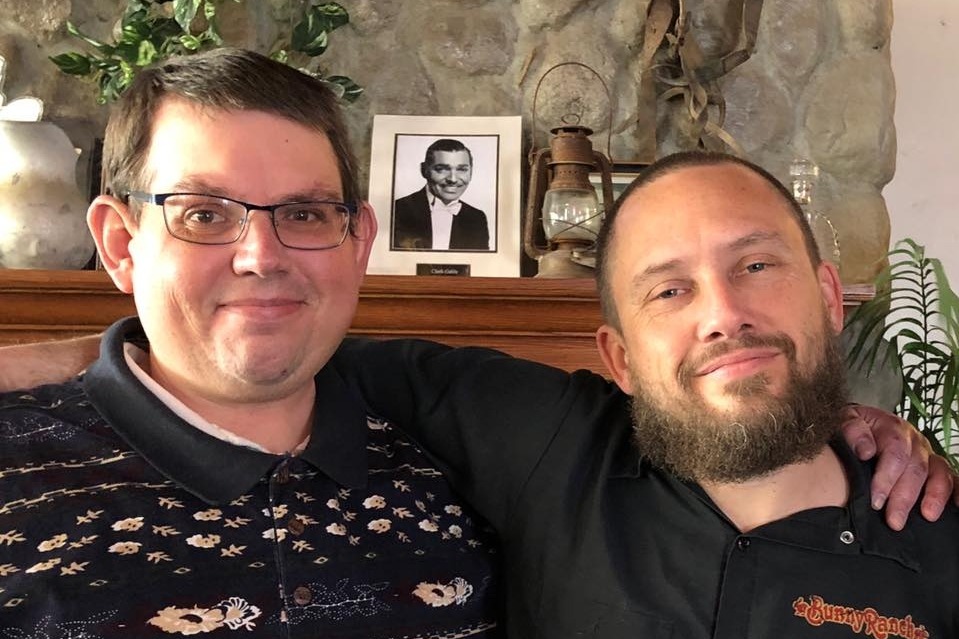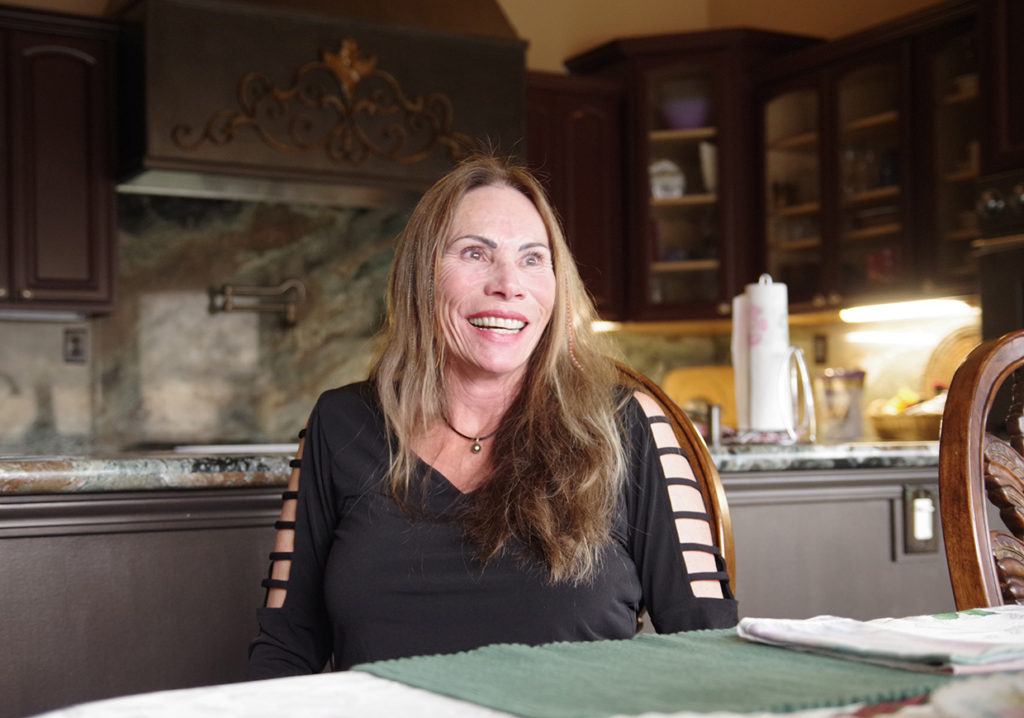(Sara Kruzan | Special to the Review-Journal) – When I was 17 years old, I was sentenced to die in prison for killing the man who had been trafficking me for more than five years. I was only 11 years old when the man who exploited me began to groom me for the underage selling of a child within the dark shadows of our communities.
Yet, during my trial, the abuse and complex trauma I experienced throughout my childhood was not admitted into evidence. I was not allowed to speak of it.
The “justice” system sentenced me — a child sex trafficking and rape survivor — to life in prison without parole, plus four years, for killing the man who stole my childhood and victimized me for nearly a third of my young life.
Because of the tireless work of my legal team and community advocates, my sentence was commuted and reduced. On Oct. 31, 2013, I was paroled from Central California Women’s Facility in Chowchilla after serving 19 years and seven months. Despite having been free for more than five years now, my heart continues to ache at the injustice of locking up child victims of sex trafficking and sexual abuse who commit crimes against those who have abused and exploited them.
What happened to me was not justice. What happened to Cyntoia Brown, despite her sentence being commuted recently by Gov. Bill Haslam of Tennessee, was not justice. And what has happened to Alexis Martin, another child sex trafficking victim currently serving a life sentence for participating in a crime that resulted in her trafficker’s death, is not justice. None of us should have been sent to prison in the first place — a far too common response for girls of color in our country — especially for actions they take against their rapists and traffickers.
Being silenced, sexually assaulted, raped, trafficked and degraded creates deep wounds, especially for children. Every day, these wounds require courage, grace and an undefined strength to overcome. Imagine if Cyntoia, Alexis or I were your own daughter. How might you respond to the vile men who exploited and abused us? Is it so difficult to understand, then, how a 16-year-old girl who was raped and abused and exploited from the time she left elementary school would end up killing the man who harmed her so? What should we do with her?
When I was silenced, I felt invisible. I felt my voice and life experiences held no value and that I, as a person, had no value. It was only my act of violence that seemed to matter to the justice system, not what led up to it or what the person I had harmed had done to me. Instead, I was labeled a “child prostitute,” a “murderer,” a “convicted teen killer” and a “teen prostitute who killed her pimp.” I was left to die in a cage after being told by a judge that I lacked “moral scruples.”
Nelson Mandela once said, “There is no keener revelation of a society’s soul than the way in which it treats its children.” What does it say about our soul if we allow our children who have been abused, raped and exploited to be sentenced to decades in prison for having committed crimes against their abusers, rapists and exploiters?
I have been working alongside the survivor-led nonprofit organization Human Rights for Kids on a policy solution to make sure that what happened to Cyntoia, Alexis and I never happens again. Under our proposal, judges will be given greater flexibility in cases like ours and urged to keep us in the juvenile or child welfare system to provide us with services and care rather than keeping us in cages and silenced. Girls like us deserve to be protected by the system, not traumatized by it. Sara’s Law, as we are calling it, will make sure that happens.
Sara’s Law has been introduced in Nevada as Assembly Bill 158 by Assemblyman John Hambrick, R-Las Vegas, so that none of Nevada’s children has to suffer as I and so many other sex trafficked, exploited and abused children have had to.
Let’s not allow the justice system to take anything else away from child sex trafficking and sexual abuse victims. We’ve been forced to give away too much already. Let’s do better so that the next Cyntoia Brown, Alexis Martin or Sara Kruzan is met with empathy, compassion, understanding and love.
Sara Kruzan, a human rights advocate who fights on behalf of the victims of child sex trafficking and systemic violence, writes from California. Column originally published by the Las Vegas Review-Journal on February 24, 2019.

